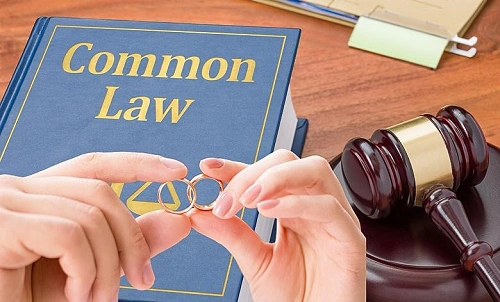Valve Corporation, which makes the popular gaming platform Steam, has been in trouble with the law many times before. Valve has been sued by a number of well-known agencies in the past few years. In the video game industry, these lawsuits have brought up important questions about competition, digital marketplaces, and consumer rights.
Here’s an in-depth review of why Valve is being sued and what it means for gamers and the gaming market.

The Charges of Antitrust Violation Law:
One of the main reasons Valve is being sued is for possibly violating antitrust rules. In the digital gaming world, Steam has become the famous PC game platform, with a large share of the market. Some critics, including the plaintiffs, say that Valve Corporation misutilized its power to prohibit other companies from competing.
The clause in Steam that says “Most Favored Nation”
Those critics who are against the antitrust laws are especially unhappy about Valve’s use of “most favored nation” (MFN) clauses in its deals with game developers and publishers. It is said that these terms stop developers from selling their own games on other digital gaming store like GOG.com or the Epic Games Store for less money. Plaintiffs say this practice unfairly increasing the prices of games and makes it hard for competing platforms to get new customers, which limits buyer choice and kills the competition.
Consumer rights and how to get a refund:
Valve Corporation has also been sued over its consumer rights policies, especially when it comes to refunds and digital ownership. In some countries, like the European Union and Australia, consumer protection laws protects your rights when you buy any digital products. For example, you may be able to get a refund of your money in some cases.
Legal Actions in Australia and the EU:
Valve Corporation was sued in Australia by the Australian Competition and Consumer Commission (ACCC) because of its refund policies, which the ACCC said did not follow the guidelines in that country. Valve lost the case in the end and had to pay fines. Similarly, in the European Union, Valve Corporation and other publishers were sued because users could not resell any digital games, which they said was against EU rules about digital goods.
Allegations of Facilitating Gambling:
In another area where Valve has been sued for letting third-party websites offer gambling using in-game items, especially skins from games like Counter-Strike: Global Offensive (CS:GO), as virtual cash. The agencies who are suing says that Valve Corporation hasn’t done enough to keep kids from using gaming sites or to keep an eye on the secondary markets that pop up around its games.
Impact of the Lawsuits:
Lawsuits against Valve Corporation have major impact on how digital markets work. If Valve Corporation is found culprit, the company might have to change how it does business, which could mean more competition and better rates for consumers. It could also change the rules for consumer rights in the digital age and make companies more responsible for keeping their sites safe from abuse.
Conclusion:
Valve Corporation is a big name in gaming World, so it’s often at the center of fights about digital rights, competition, and protecting consumers. The results of these lawsuit are still unpredictable, but they show how the gaming industry is rapidly changing in terms of the law and how digital platforms are coming under more and more scrutiny. Gamers, coders, and lawyers are all giving close attention because the outcome could have a long-lasting impact on digital markets in the years to come.


